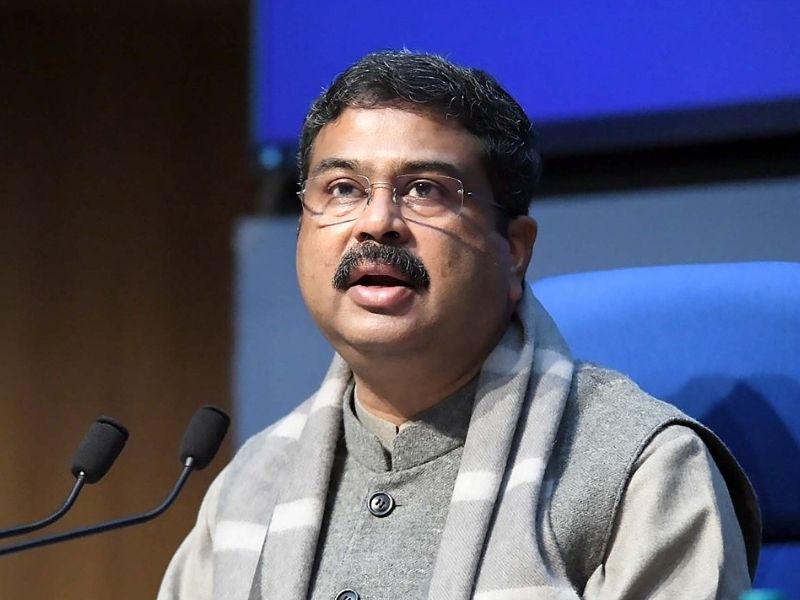Pradhan underscored the significance of the 52 primers in non-scheduled languages as a pivotal step toward a new civilizational renaissance. These textbooks are envisioned to create a seamless and futuristic learning landscape, aligning with the NEP – 2020’s vision and fundamentally transforming school education. The minister emphasized that the primers would set the stage for an inspirational educational journey, promoting a deeper understanding, a commitment to lifelong learning, and fostering a strong connection to indigenous culture, ultimately leading to greater academic success.
Furthermore, Pradhan announced key educational initiatives to strengthen the education system, such as the introduction of the District Institute of Education & Training (DIET) of Excellence, the National Professional Standard for Teachers, and the National Mission for Mentoring. Additionally, the integration of National Vidya Samiksha Kendra with state counterparts and the launch of 200 TV Direct-to-Home (DTH) channels aim to empower both teachers and learners while making quality education more inclusive, innovative, and equitable.
In the pursuit of excellence, the Ministry of Education will provide financial assistance to states and Union Territories for the physical upgrading of all DIETs. This initiative seeks to develop them as DIETs of Excellence over the next five years, with each institution receiving up to Rs 15 crore under the centrally-sponsored scheme of Samagra Shiksha.
School Education Secretary Sanjay Kumar highlighted the commitment to achieving a 100% gross enrolment ratio in secondary education by 2030, in line with the recommendations of NEP – 2020. New textbooks for classes 3-12, with some already developed and the remainder soon to be released, are part of this commitment to enhance the quality and accessibility of education across the country.
Source: PTI
Also read: Govt training Anganwadi workers in ECCE, learning modules for children aged 3-6: Irani
